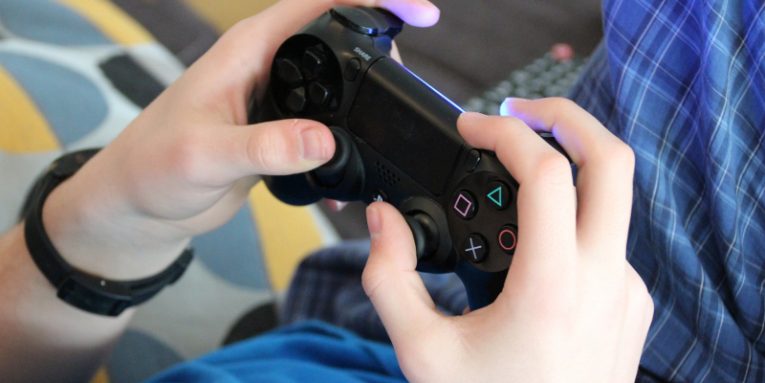If You Game Online, You Want to Follow These 5 Simple Rules to Protect Yourself

Gaming, like everything else, has evolved quite a bit over the last few years. In the past, you'd invite your friends to your house and you'd either play against each other using the game's split-screen functionality or you'd take turns, without ever missing the opportunity to poke fun at your friend's skills. The only thing you had to worry about was your mom telling you off because you haven't done your homework. Then, broadband came along and changed everything.
Right now, people from different corners of the globe spend hours on end competing against each other, and they do it from the comfort of their own homes. While very convenient, this has brought its own set of problems. Gaming is mostly done online now, and like everything else that involves the internet, it could put you and your data at risk. Today, we'll take a look at some of the things you might want to consider if you want to stay safe.
Table of Contents
Use licensed software
A game is a very complex piece of software, and in some cases, it is rather expensive. The temptation to pirate the latest titles is pretty big, not least because downloading and playing a game without paying is not exactly difficult.
Usually, pirates download the game from a torrent tracker. It comes with a cracking tool that can fool the game into thinking that the copy is legitimate. Hackers love disguising their malware as cracking tools for games or other applications. The damage could be enormous, and the risk is not worth the cash you'll save. This is without even considering the fact that it's illegal.
Don’t reveal too much about yourself
It's more of a rule of thumb, and it goes beyond online gaming. The more information about yourself you put out there, the more of it could fall into the wrong hands. If you have to share too many personal details in order to play a game, think about whether you really want to play that game. If you're not required to put up personal information, you're better off keeping it for yourself. As we'll find out in a minute, even seemingly unimportant details like your physical address could put you at risk.
Protect your accounts
The most important thing in the olden days was how cool your nickname was. Having your account hijacked wasn't really a possibility. Right now, however, it is.
Online gaming accounts now contain things that many people find valuable. In-game items or currency that you've spent time and/or real money collecting could be gone in seconds. Often, your credit card information is in there as well, and you probably wouldn't be surprised to learn that hackers would love to have it.
The fact of the matter is, your online gaming account is just as important as your other accounts and the password that protects it is just as important as the rest of your passwords. It must be complex, hard to guess, and, crucially, unique.
Be careful with your downloads
Last year, Epic Games, the developer of hit video game Fortnite caused a bit of a stir when it decided that the Android version of the game won't be listed on Google Play. As security specialists pointed out, downloading and installing mobile applications from outside the official app store is a really bad idea because many of the third-party websites that host this type of software are breeding grounds for malware and fraud.
The game wasn't even released when scammers were posting links that promised users to give them the chance to play it. What they delivered in reality, was either malware or a page that collected users' payment information. Cheating tools that supposedly help you beat the game and other players often bring trouble as well.
Don’t feed the trolls
It doesn't sound like the biggest problem in the world, but it should not be underestimated. Many people tend to take video games more seriously than they should, and when things don't go their way, they lose their temper. Insults and bullying can cause enough damage on their own, but some people cross lines that really shouldn't be crossed.
Gamers have invented "swatting" – the act of calling the police and putting up a false signal about a hostage situation or a bomb threat at another gamer's address. When presented with this type of information, law enforcement tends to send its most elite and aggressive units. SWAT teams with automatic rifles break into the victim's home, causing, at best, a lot of distress. Unfortunately, the outcome of at least one swatting incident was lethal which shows how a seemingly innocent prank can go horribly wrong.
If you notice that the atmosphere is getting toxic, it's probably time to go and do something else. Games should be about entertainment, and nothing else.








